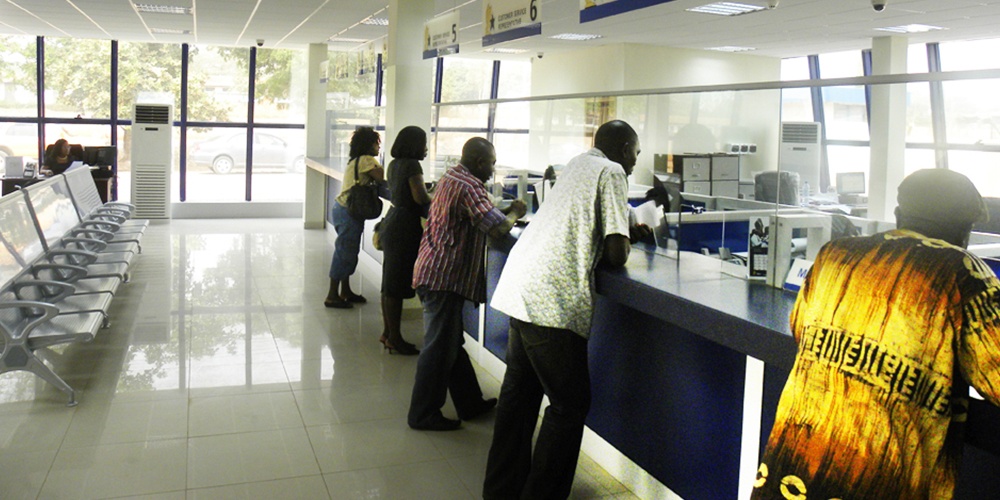Nigerian banks are being ordered to by the country’s central bank to lend more or face higher cash reserve requirements.
This is part of new measures in place to fix the struggling economy of Nigeria and increase growth.
The central bank of Nigeria in a circular dated July 3 said banks who fall short of a minimum loan-to-deposit ratio of 60% latest by September would be asked to maintain higher cash reserves.
“Failure to meet the above minimum (loan-to-deposit ratio) … shall result in a levy of additional cash reserve requirement equal to 50% of the lending shortfall,” the bank said in the notice.
Banks are being asked to increase their credit to businesses and consumers portfolio to avoid a recession in Africa’s biggest economy.
Recent hit to the economy led to reduced lending levels and it is beginning to affect the growth of the economy.
Banks are now reported to be packing their cash in risk-free government securities instead of lending to businesses and consumers.
The new loan ratio the central bank spoke of will be subject to quarterly review, according to the circular.
Nigerian banks are unwilling to expand borrowing blaming it on a weak economy.
There are currently 21 banks in Nigeria after the consolidation in the sector which saw the banks reducing from 89.
About half of the loans of commercial banks in Nigeria were given for upstream, midstream, and downstream oil and gas operations and the supply chain, a recent report by the Financial Times said.
Source: Africafeeds.com



